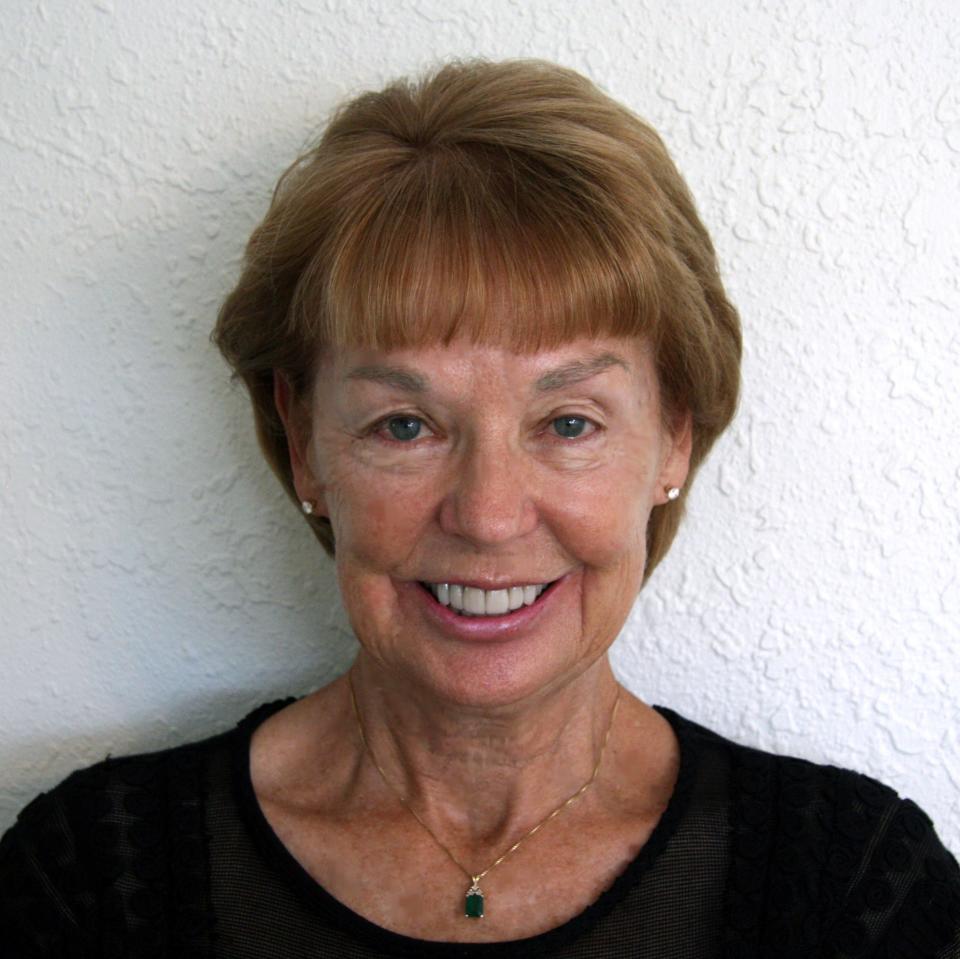We are failing both mental health patients and the public
A Southwest Florida man, age 49, has been an unfortunate and frequent inmate at both the Lee and Charlotte County jails. During the past two years, he has been incarcerated three times and is once again in jail for trespassing.
Since January 2022, he has been in crisis treatment centers, mental health facilities, recovery centers, and hospitals in Fort Myers, Port Charlotte, Bradenton, New Port Richey, and Clearwater. He has been Baker Acted five times. Each time he has been suicidal and homicidal.

The Baker Act is a Florida law that allows for the temporary detention and examination of people showing evidence of mental illness who are in danger of harming themselves or others. Each time he was Baker Acted and placed in a treatment center, he received the equivalent of “band-aid” treatment and was released back on the streets before he had fully stabilized. Like so many other adults with serious mental illness, he requires coordinated long-term care. They don’t recover from short-term band-aid treatment.
He was born with a developmental disability, low intellectual functioning, and autism. He struggled in school and dropped out in the ninth grade due to his inability to cope. Several years later, he was diagnosed with schizoaffective disorder. He has a history of polysubstance abuse and self-medicates to relieve his anxiety.
He has spent his entire life caught between Florida’s mental health and judicial systems. At times, he has been homeless and lived on the streets. He has lived in group homes and supported living situations, but these efforts proved to be extremely difficult as most aren’t designed to assist with the mental illness component. He has been known to wander long distances. His parents have filed multiple missing person reports. He is a vulnerable and disabled adult and has been a victim of abuse and exploitation. At six-feet three-inches tall, he weighs only 134 pounds.
Without proper medications, he becomes paranoid and afraid. He has threatened to kill his parents, police officers, medical staff, and the public. Like him, most mentally ill people are not aware of the need to stay on their medications.
His mother has tried to advocate for her son his entire life. Her numerous calls to obtain appropriate help and care fall on deaf ears. She wants her son to be placed in a secure long-term treatment facility where he cannot harm himself or others. Until then, his parents have purchased a burial plan for their son and hope they will not have to bury him.
The difference between a person with cancer and a person who has psychosis is that a person with cancer is willing to accept treatment. A person without awareness of their illness needs the system to step in and advocate for the care that they need.
In 1963, President Kennedy signed the Community Mental Health Act which was supposed to decrease the number of institutionalized individuals in psychiatric hospitals by creating local mental health care centers. When the big state psychiatric hospitals were closed, the money saved was meant to go to community treatment and housing. Instead, governments pulled funds to reduce taxes and build prisons. With the best of intentions, America emptied these hospitals without ensuring that released patients would receive the necessary treatment.
Law enforcement and health care workers have borne the burden ever since. Crisis treatment centers currently must treat patients in crisis without the possibility of long-term care.
Mentally ill individuals have a civil right to receive treatment, even when their mental disorder precludes awareness of their illness. And the public has a civil right to be protected from potentially dangerous individuals. We are failing both the patients and the public.
Dottie Pacharis is a mental health advocate and author, "Mind on the Run, A Bipolar Chronicle."
This article originally appeared on Fort Myers News-Press: We are failing both mental health patients and the public

